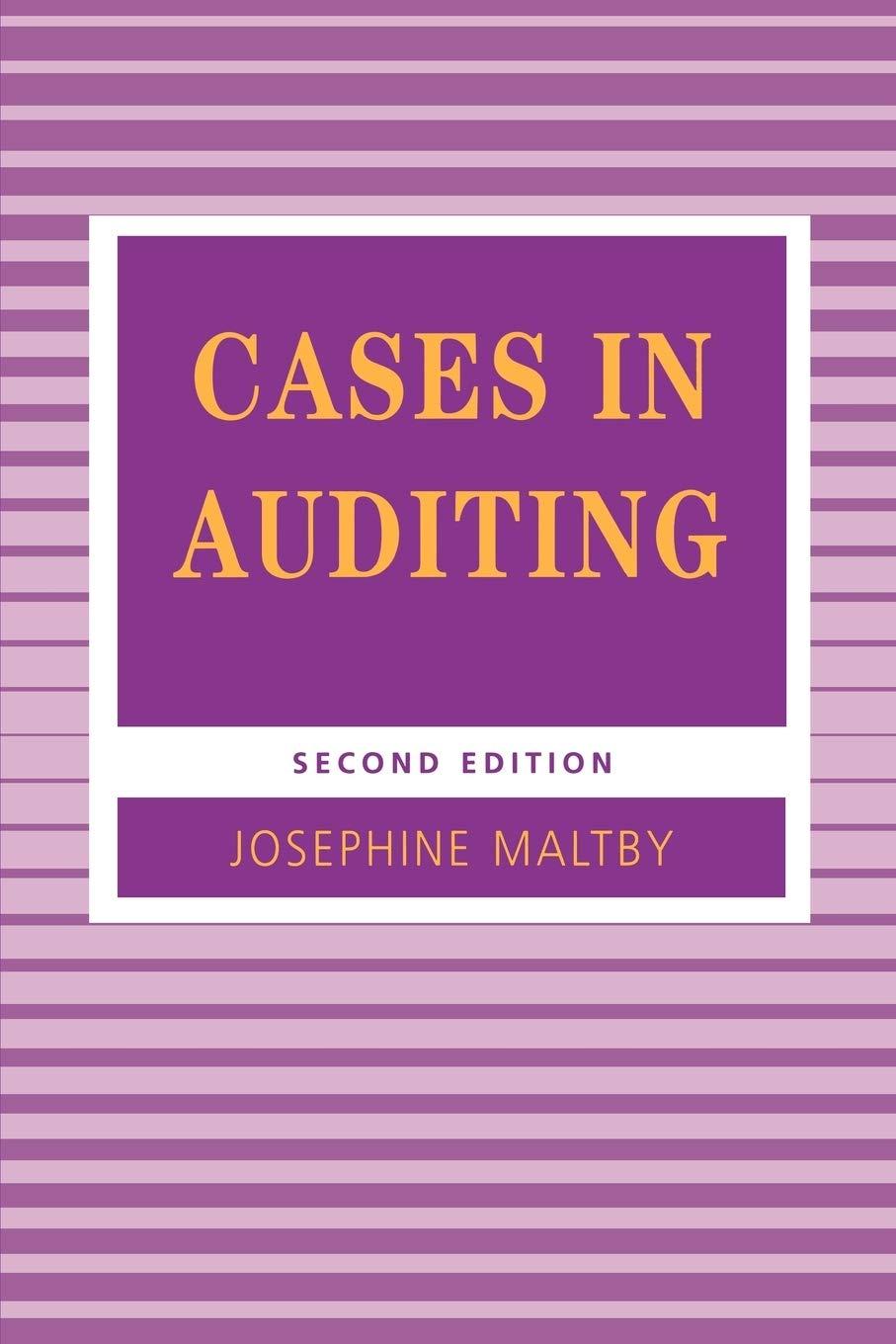Question
The comparative balance sheet of Hirayama Industries Inc. for December 31, 20Y2 and 20Y1, is as follows: 1 Dec. 31, 20Y2 Dec. 31, 20Y1 2
The comparative balance sheet of Hirayama Industries Inc. for December 31, 20Y2 and 20Y1, is as follows:
| 1 |
| Dec. 31, 20Y2 | Dec. 31, 20Y1 |
| 2 | Assets |
|
|
| 3 | Cash | $485.00 | $163.00 |
| 4 | Accounts receivable (net) | 285.00 | 198.00 |
| 5 | Inventories | 170.00 | 112.00 |
| 6 | Land | 395.00 | 454.00 |
| 7 | Equipment | 220.00 | 180.00 |
| 8 | Accumulated depreciation-equipment | (58.00) | (32.00) |
| 9 | Total assets | $1,497.00 | $1,075.00 |
| 10 | Liabilities and Stockholders Equity |
|
|
| 11 | Accounts payable (merchandise creditors) | $174.00 | $155.00 |
| 12 | Dividends payable | 28.00 |
|
| 13 | Common stock, $1 par | 105.00 | 48.00 |
| 14 | Excess of paid-in capital over par | 245.00 | 123.00 |
| 15 | Retained earnings | 945.00 | 749.00 |
| 16 | Total liabilities and stockholders equity | $1,497.00 | $1,075.00 |
The following additional information is taken from the records:
| 1. | Land was sold for $123. |
| 2. | Equipment was acquired for cash. |
| 3. | There were no disposals of equipment during the year. |
| 4. | The common stock was issued for cash. |
| 5. | There was a $294 credit to Retained Earnings for net income. |
| 6. | There was a $98 debit to Retained Earnings for cash dividends declared. |
Required:
| a. | Prepare a statement of cash flows, using the indirect method of presenting cash flows from (used for) operating activities. Be sure to complete the heading of the statement. Refer to the Labels and Amount Descriptions list provided for the exact wording of the answer choices for text entries. Use the minus sign to indicate cash outflows, decreases in cash and a net cash outflow for each section, if required. |
| b. | Was Hirayama Industries Inc.s net cash flows from operations more or less than net income? What is the source of this difference? |
| Labels | |
| December 31, 20Y2 | |
| For the Year Ended December 31, 20Y2 | |
| Amount Descriptions | |
| Amortization of intangible assets | |
| Cash received from sale of land | |
| Cash paid for purchase of equipment | |
| Cash received from issuing common stock | |
| Cash dividends | |
| Decrease in accounts payable | |
| Decrease in accounts receivable | |
| Decrease in inventories | |
| Depreciation | |
| Gain on sale of land | |
| Increase in accounts payable | |
| Increase in accounts receivable | |
| Increase in inventories | |
| Loss on sale of land | |
| Net increase in cash | |
| Net decrease in cash | |
| Net cash flows from operating activities | |
| Net cash flows used for operating activities | |
| Net cash flows from investing activities | |
| Net cash flows used for investing activities | |
| Net cash flows from financing activities | |
| Net cash flows used for financing activities | |
| Net income | |
| Net loss |
a. Prepare a statement of cash flows, using the indirect method of presenting cash flows from operating activities. Be sure to complete the heading of the statement. Refer to the Labels and Amount Descriptions list provided for the exact wording of the answer choices for text entries. Use the minus sign to indicate cash outflows, decreases in cash and a net cash outflow for each section, if required.
| Hirayama Industries Inc. |
| Statement of Cash Flows |
|
|
| 1 | Cash flows from (used for) operating activities: |
|
|
| 2 |
|
|
|
| 3 | Adjustments to reconcile net income to net cash flows from (used for) operating activities: |
|
|
| 4 |
|
|
|
| 5 |
|
|
|
| 6 | Changes in current operating assets and liabilities: |
|
|
| 7 |
|
|
|
| 8 |
|
|
|
| 9 |
|
|
|
| 10 |
|
|
|
| 11 | Cash flows from (used for) investing activities: |
|
|
| 12 |
|
|
|
| 13 |
|
|
|
| 14 |
|
|
|
| 15 | Cash flows from (used for) financing activities: |
|
|
| 16 |
|
|
|
| 17 |
|
|
|
| 18 |
|
|
|
| 19 |
|
|
|
| 20 | Cash balance, January 1, 20Y2 |
|
|
| 21 | Cash balance, December 31, 20Y2 |
|
|
b. Was Hirayama Industries Inc.s net cash flows from operations more or less than net income? What is the source of this difference?
Net cash flow from operations was than net income.
The source(s) of the difference are: Check all that apply.
| Purchase of equipment | |
| Depreciation expense | |
| Sale of common stock | |
| Gain on the sale of land | |
| Dividends paid | |
| Changes in current operating assets and liabilities |
Step by Step Solution
There are 3 Steps involved in it
Step: 1

Get Instant Access to Expert-Tailored Solutions
See step-by-step solutions with expert insights and AI powered tools for academic success
Step: 2

Step: 3

Ace Your Homework with AI
Get the answers you need in no time with our AI-driven, step-by-step assistance
Get Started


